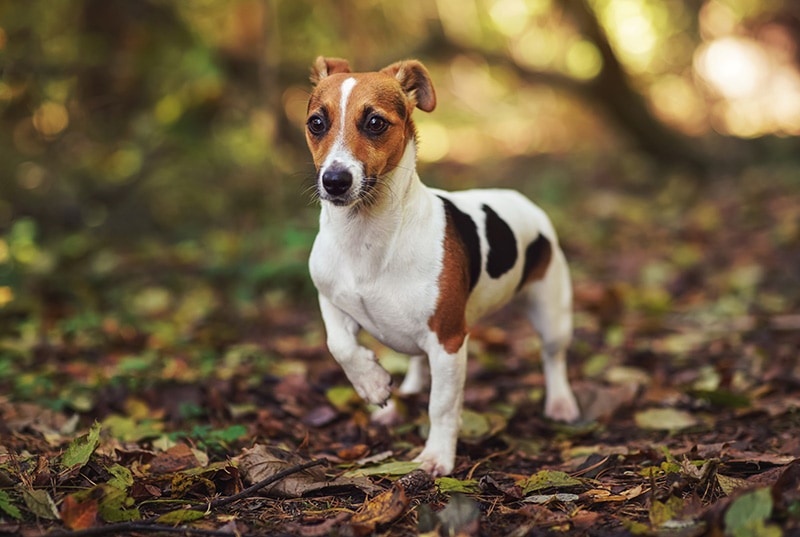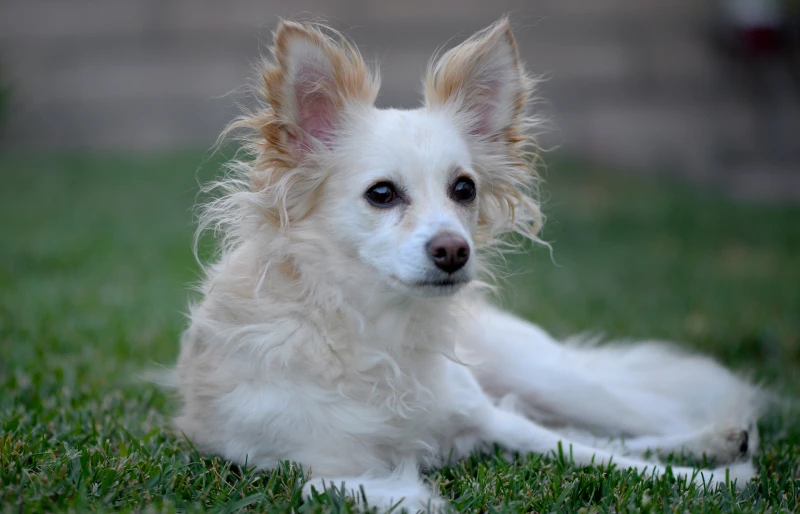How Smart Are Basset Hounds? Average Intelligence & Personality Facts
Updated on
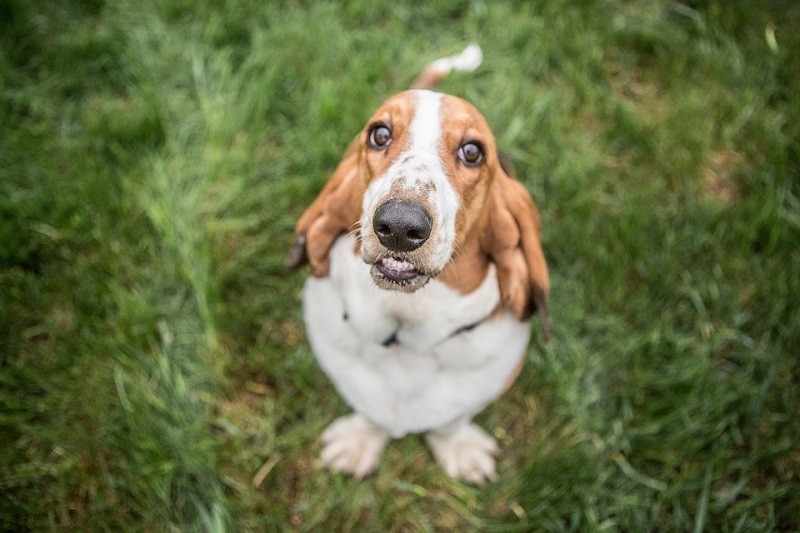
Basset Hounds look similar to Beagles at a glance but with a longer body and stubbier, less proportionate legs. Of course, they’re really famous for their long, droopy ears and keen sense of smell. As tracking dogs, it’s only normal to wonder exactly how intelligent Basset Hounds are.
It’s hard to say for sure because there are few definitive studies and dog intelligence is a somewhat nebulous concept. In general, though, Basset Hounds have average to above-average intelligence, with a stubborn streak. They’re more laidback and friendly than other hunting dogs but sometimes really want to track down a specific smell.
The Basset Hound is still very trainable with enough patience and plenty of positive reinforcement. They just require a firmer hand and a bigger tolerance for distractions. They’re much, much more than just their doggy IQ.
Let’s learn some more about the underrated Basset Hound, including more about their smarts, where they come from, and some other interesting characteristics.
Basset Hound Intelligence
Dog intelligence is measured in several different ways, and you should consider each equally when you’re assessing how smart a dog is. Let’s briefly check off some facets of dog intelligence so you can get a better idea of what constitutes intelligence for dogs.
- Problem-Solving: how well a dog can identify and solve problems
- Trainability: how easily the dog learns acceptable and unacceptable behavior in response to your commands and other stimuli
- Adaptive Intelligence: how adaptable your dog is to unexpected events and situations
- Number of Repetitions to Learn a Command: broadly speaking, fewer repetitions means a sign of higher intelligence
- Empathy: an individual dog’s ability to understand and respond to your emotions
- Memory: capacity for remembering places, people, events, scents, animals, etc.
- Navigation: goes hand in hand with spatial reasoning, and some dogs have a better sense of direction than others
- Inferential Reasoning: some dogs can reason through absent information, a type of deductive logic
Some dogs are stronger in some of these areas and lacking in others. For example, a Basset Hound is typically a more creative and adaptable problem solver compared to a German Shepherd, which are extremely trainable and require few repetitions to learn commands.
Does that make the German Shepherd smarter? Maybe by some definitions, but it depends on what you see as intelligence. Just like how some people are better at engineering and others at art, individual dogs have different talents.
Personality and Intelligence
Intelligence and personality are closely intertwined, even if we can’t always see it. A dog’s unique mix of personality and intelligence dictates how you approach training, too! Basset Hounds, in particular, are highly food motivated and less interested in pleasing people, so use tons of treats to incentivize them.
Some personality traits can be mistaken for low intelligence, like how Basset Hounds sometimes love tracking new scents more than listening to you. They’re born tracking dogs, so it’s not really their fault. The trick is to harness their instinct to track with games, like stuffed Kongs and small, mobile toys.
Despite the bad rap, Basset Hounds are sociable and friendly dogs without a mean bone in their body. They get along with kids and animals very well, especially when socialized young. You just have to understand their quirks and maybe rethink your definition of intelligence.
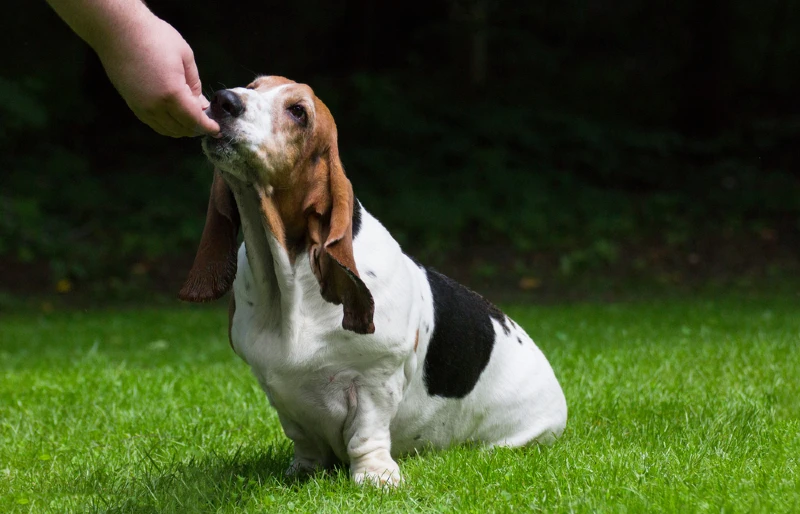
Basset Hound History
Basset Hounds hail from 16th-century France, and their name comes from “bas,” the French word for low1. This refers to the breed’s unusually stubby legs and how they’re close to the ground. Along with their droopy ears that help trap scents and that famous nose, the Basset Hound was indispensable for hunting small game, like rabbits.
Basset Hounds come from a mix of Bloodhounds, Belgian hounds, and smaller French hounds. The goal was to make a smaller, more effective tracker for small game, and it helps that Bassets are slower and easier to keep up with than more agile dogs.
Basset Hounds spread to England in the 1800s and to America in the following century. They were an instant hit as both family and hunting dogs, formally recognized by the AKC in 1916. Their popularity dwindled throughout the 1900s, but they’re still a solid choice for hunting or companionship.
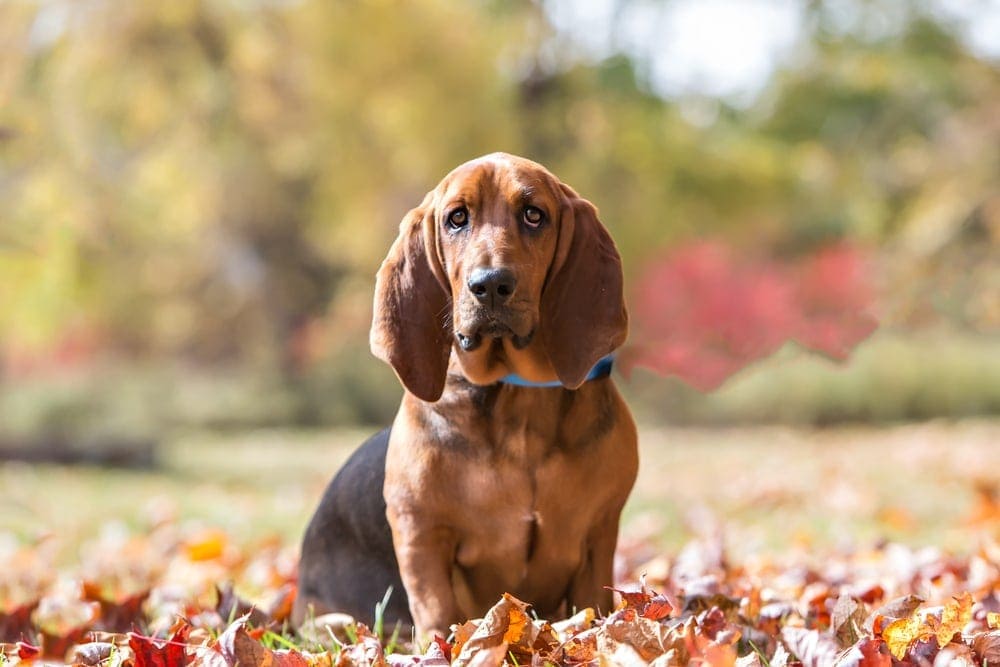
Final Thoughts
Basset Hounds are stellar at adapting to new situations and creative problem-solving, but their stubborn streak can make training them exasperating. They’re a perfect fit for families who prefer a lazier dog, but be prepared to deal with some pigheadedness!
Featured Image Credit: jawestad, Pixabay





